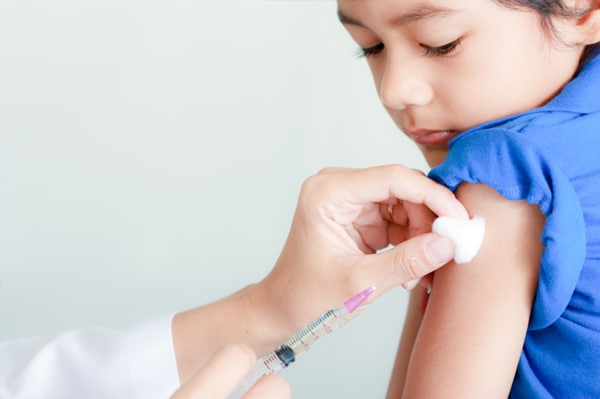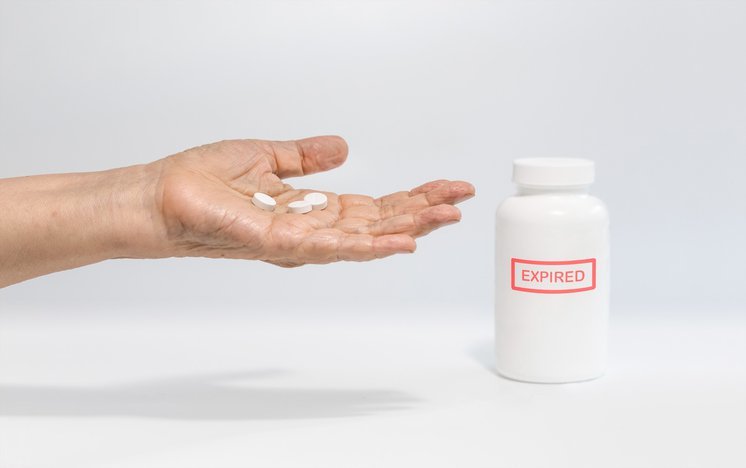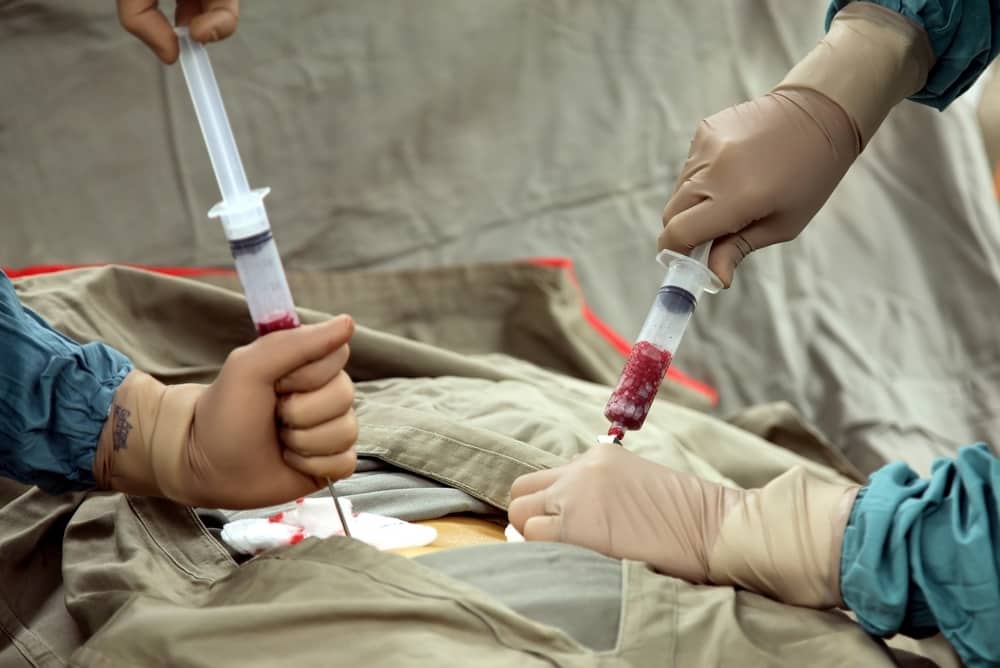Contents:
Medical Video: Dr. Sarah Hallberg on C-peptide and taking insulin
Definition
What is c-peptide?
The C-peptide test measures the level of peptides in the blood. Peptides are usually found in the same amount as insulin, because insulin and C-peptides are bound when first produced by the pancreas. Insulin helps the body use and control the amount of sugar (glucose) in the blood. Insulin allows glucose to enter body cells which are then used for energy. The level of C-peptides in the blood can show the amount of insulin produced by the pancreas. C-peptide does not affect blood sugar levels in the body.
A C-peptide test can be done when diabetes is found but it is not known for certain types of diabetes that are type 1 or type 2. A person whose pancreas does not produce insulin (type 1 diabetes) has low insulin and C-peptide levels. A person with type 2 diabetes has a normal or high level of C-peptide.
C-peptide tests can also help find the cause of low blood sugar (hypoglycemia), such as excessive use of drugs to treat diabetes or growth of non-cancerous (tumors) in the pancreas (insulinoma). Because man-made insulin (synthesis) does not have a C-peptide, someone with low blood sugar because too much insulin will have a low C-peptide level but the insulin level is high. Insulinoma causes the pancreas to emit a lot of insulin, which results in decreased blood sugar levels (hypoglycemic). A person with insulinoma will have high C-peptide levels in the blood when their insulin levels are high.
When do I have to undergo c-peptide?
C-peptide tests can be carried out for the following reasons:
- distinguish the type of diabetes you suffer, whether type 1 or type 2
- to investigate whether you have insulin resistance
- to ascertain the cause of hypoglycemia (low blood glucose level)
- to monitor insulin production after removal of a pancreatic tumor (insulinoma)
Prevention & warning
What should I know before undergoing c-peptide?
A person newly diagnosed with type 2 diabetes often has normal or high levels of C-peptide in the blood. Over time, people with type 2 diabetes can produce low levels of C-peptide.
C-peptide tests are not widely performed and may not always be available in every laboratory. If a series of C-peptide tests are to be carried out, it should be done in the same laboratory and use the same method.
Even though they are produced at the same level, C-peptides and insulin come out of the body through different routes. Insulin is mostly processed and eliminated by the liver, while C-peptides are released by the kidneys. Because the life span of C-peptides is about 30 minutes compared to insulin which is only 5 minutes, it is not surprising that C-peptides are 5 times more in blood than insulin.
Process
What should I do before undergoing c-peptide?
You will be asked not to eat or drink (certain fluids) for 8 to 12 hours before the examination. If you use blood glucose-lowering drugs, you will usually be asked to stop using the drug until the test takes place.
How is the c-peptide process?
The medical personnel in charge of taking your blood will do the following:
- wrap elastic bands around your upper arm to stop the blood flow. This makes the blood vessels under the bond enlarge making it easier to inject needles into the vessels
- clean the part to be injected with alcohol
- inject a needle into a vein. More than one needle may be needed.
- attach the tube to the syringe to fill it with blood
- remove the ties from your arms when taking blood is enough
- attach gauze or cotton to the injected part, after the injection is finished
- put pressure on the part and then put on a bandage
What should I do after undergoing c-peptide?
Elastic ties are wrapped around your upper arm and will feel tight. You may not feel anything when injected, or you may feel like being stung or pinched.
If you have questions relating to the process of this test, consult your doctor for a better understanding.
Explanation of Test Results
What do the test results mean?
Normal scores on this list (called references range) only serves as a guide. Range this varies from one laboratory to another, and your laboratory may have a different normal score. Your laboratory report will usually contain how many range they use. Your doctor will also check your test results based on your health condition and other factors. This means if your test results go into range abnormal in this guide, it could be in your laboratory the score is included in range normal.
The level of C-peptides in the blood must be read with the results of the blood glucose test. Both of these tests will be carried out at the same time. Tests for measuring insulin levels may also be done.
Normal value
Fasting: 0.51-2.72 nanograms per milliliter (ng / mL) or 0.17-0.90 nanomoles per liter (nmol / L).
High value
High levels of C-peptide and blood glucose are usually found in people with type 2 diabetes or insulin resistance (such as Cushing's syndrome).
High C-peptide levels with low blood glucose levels can indicate the presence of an insulin-producing tumor from the pancreas (insulinoma) or because of the use of certain drugs such as sulfonylureas (for example, glyburide) which cause high C-peptide levels.
If the C-peptide level is high after insulinoma is taken, this probably means the tumor has returned or the tumor has spread to other parts of the body (metastasis).
Low value
Low levels of C-peptides and blood glucose can be found in liver disease, severe infections, Addison's disease, or insulin therapy. Low C-peptide levels with high blood glucose levels are found in people with type 1 diabetes.
Removal of the entire pancreas (pancreatectomy) causes the C-peptide level to be so low that it cannot be measured. The blood glucose level will be high, and insulin will be needed so that the person can survive.
Depending on the laboratory of your choice, the normal range of C-peptide tests can vary. Discuss the questions you have about the results of your health test with your doctor.
Hello Health Group does not provide medical advice, diagnosis or treatment.











